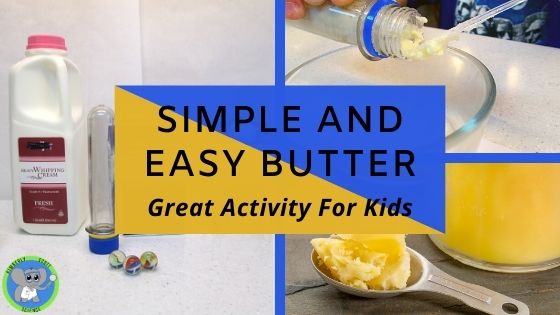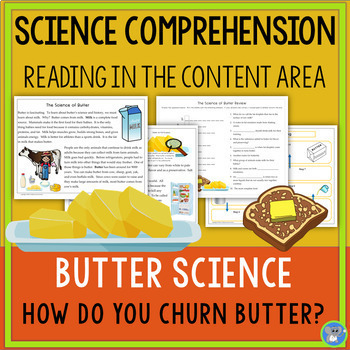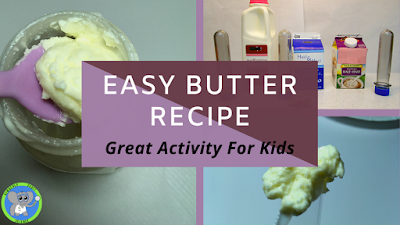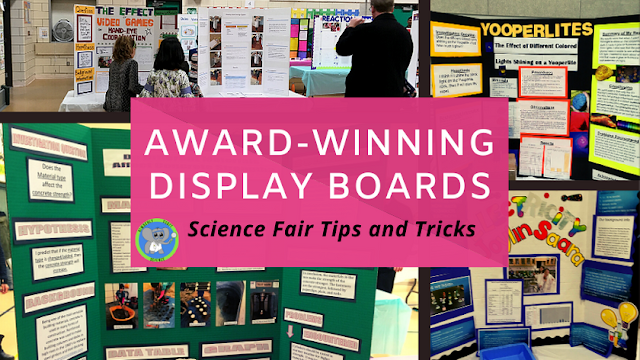What Science Does Butter Churning Teach? Making Butter with Students
Students will be amazed to learn the science of churning butter. It is very easy and inexpensive to make. There are a lot of science concepts that butter churning can teach. It also makes a great history lesson. Read more to learn how you can integrate butter churning into your science curriculum. The best part, of course, is the taste testing at the end.
Nutrition Lesson
Butter is a food product only made from milk. It has been made for thousands of years. Milk contains carbohydrates, vitamins, proteins, and fat. It is the most complete food. Milk spoils easily, so people had to come up with other things to make from milk. Since butter is mostly fat, it does not spoil easily. Learning about the different kinds of milk and products that can be made from milk is a perfect lesson for a nutrition unit.
Social Studies with Science
Properties of Matter Unit
The process of churning butter allows students to explore the properties of solids and liquids. They will learn that butter is mostly fat. They can actually open the container during the process and see butter change from a liquid to frothy, to whipped, and then to thick butter. This gives students a chance to work on their observation skills about solids and liquids.
Physical Versus Chemical Change
All that shaking will allow them to observe it is a physical change, not a chemical change. All the substances were already there. The different parts of butter just needed to be separated by a process called churning or coalescing. Older students can expand to learning about emulsions. This will help students to start looking at butter churning from a molecular level.
Learn the Scientific Method
This is the way to meet The Science and Engineering Processes in NGSS. Instead of just churning butter, change something. Try different creams. What will milk do? Does the length of shaking time affect results? What should the temperature of the cream be? This will get students thinking critically and increase engagement. Try this complete unit to take your butter churning to a whole new level.
What grade levels can investigate churning butter?
All grades and ages can make butter. Nothing is toxic. The supplies are easy. If you follow our method, you can have butter in less than 15 minutes.
Head on over for this simple and easy butter-churning recipe.
Head on over for this simple and easy butter-churning recipe.









